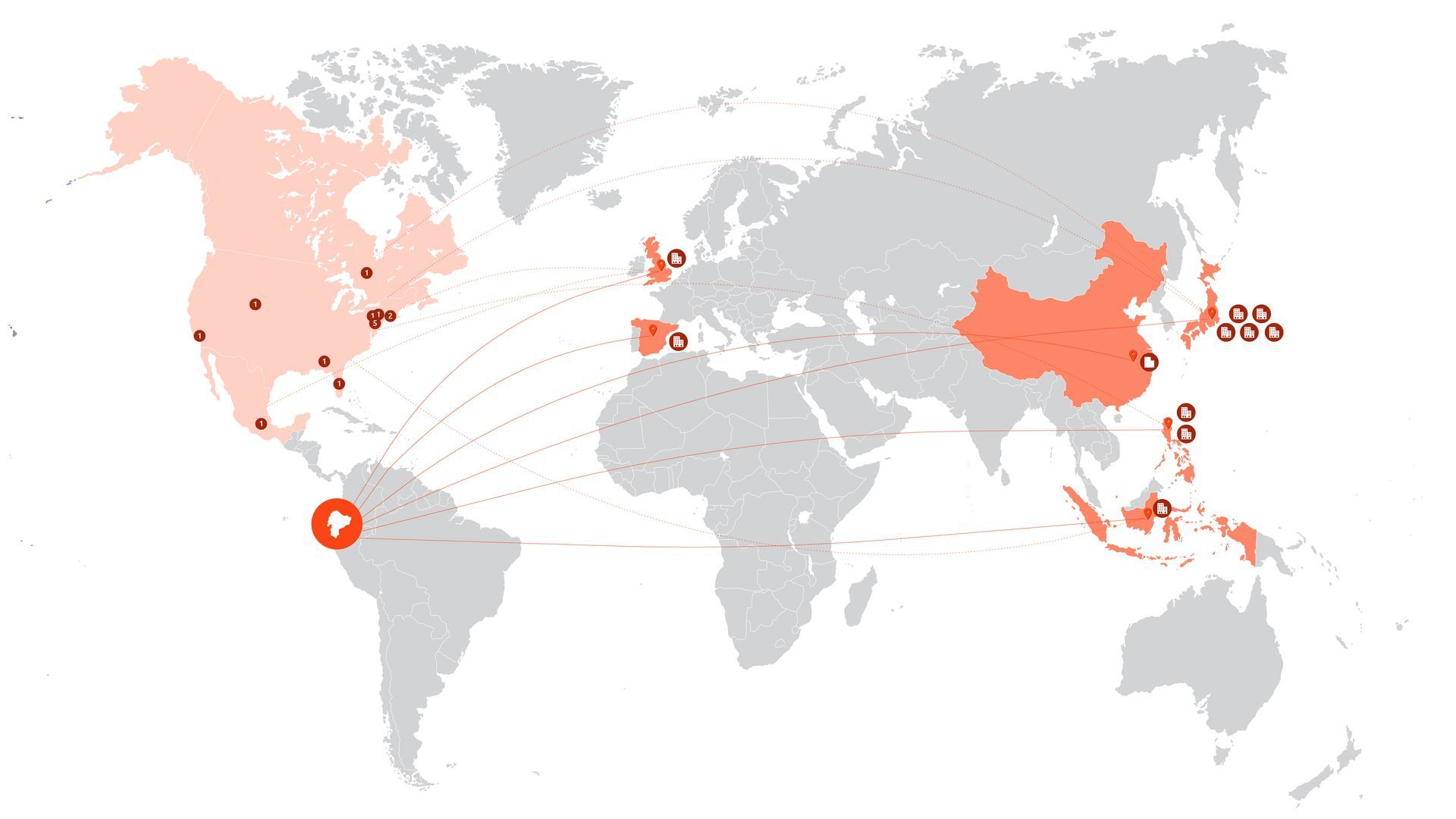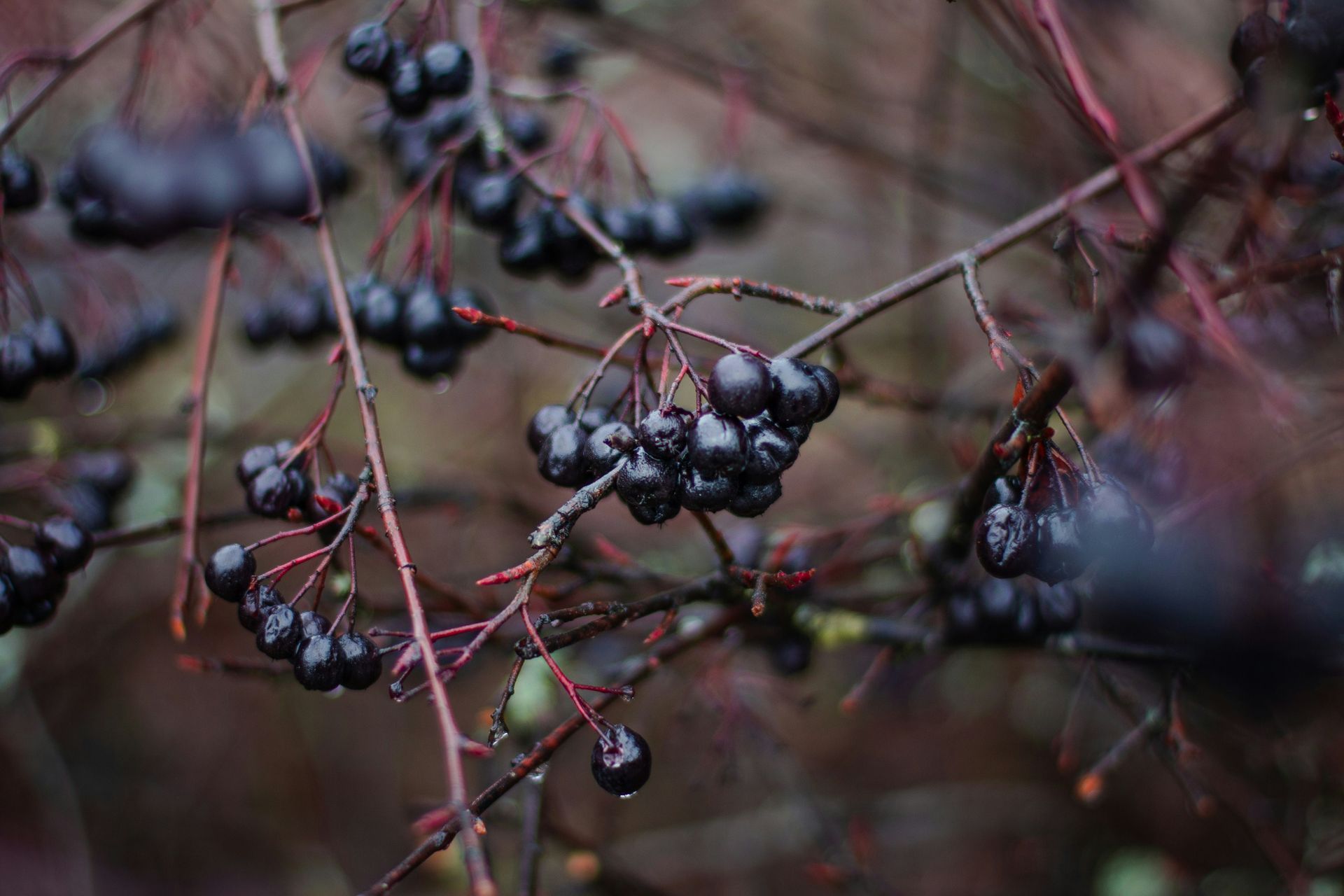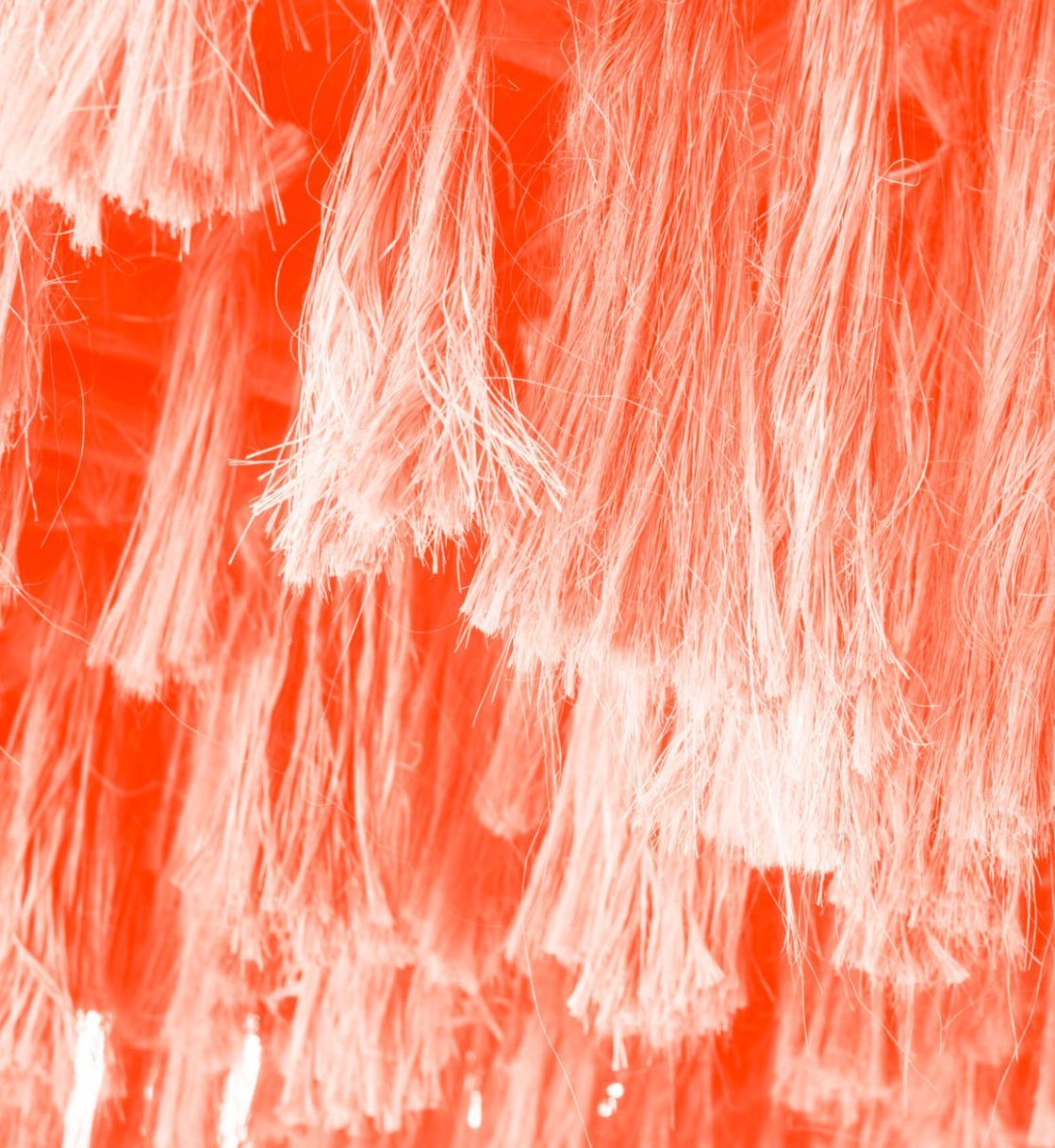RiskSolve
Field research and investigations done different.
Combat red flag behavior with tested assessment approaches and sustainable solutions. Move beyond risk mitigation to ethical transformation in emerging and edge markets.
Designed For You
- Multinationals with complex supply chains in challenging markets
- Businesses operating in opaque environments where traditional screening fails
- Manufacturing and retail companies concerned about forced labor exposure
- Social impact investment professionals seeking verified intelligence
- Corporate transparency executives who know the hidden costs of cutting corners
Comprehensive Screening
Comprehensive screening against big data and Evidencity's unique datasets. RiskSignal Level II methodology applied to all subjects determined as high or medium risk.
Interactive Mapping
Interactive relationship mapping reveals hidden connections. New nodes and edges added beyond your known relationships as part of the discovery phase of each project.
Solutions Oriented
Evidencity has partnered with vetted, practiced providers who focus on systemic and sustainable solutions, not just risk mitigation or avoidance.
CASE STUDY
Forced labor in Ecuador
The Evidencity research team mapped an opaque global supply chain for abaca – a raw material used in paper products and tea bags – as it originates from Ecuador, passing through the Philippines and Japan, to finally land with consumer-facing companies in the European Union, the United Kingdom, and the United States.
We discovered where and how companies deep in the supply chain try to hide their commercial connections, as well as how commercial trade data is organized across multiple jurisdictions.
Not surprisingly, black holes remain.
Case study subjects
Significant findings
MAPPING THE ABACA SUPPLY CHAIN

Companies directly and indirectly impacted by the abaca industry supply chain.
Mapping the global abaca supply chain has been a cumbersome task with seemingly endless threads to follow. Evidencity’s research team explored the main producing, exporting, and importing countries and identified key players in the abaca industry ecosystem and examined their links to Furukawa’s forced labor case. The extent of business entanglement within the global abaca supply chain was a challenging reality to surmount. Abaca products from Furukawa reached numerous unsuspecting customers around the world.
RISKSOLVE
Sustainable Solutions
Identify problem areas in your supply chain. Understand how and why you're exposed. Partner in identifying sustainable solutions.



